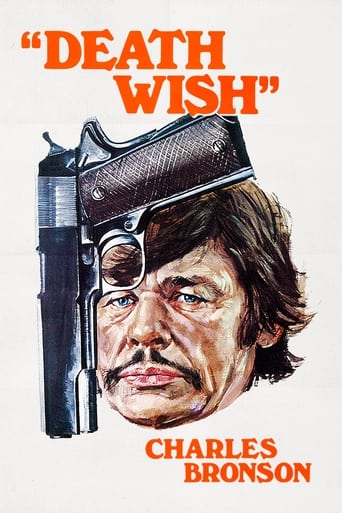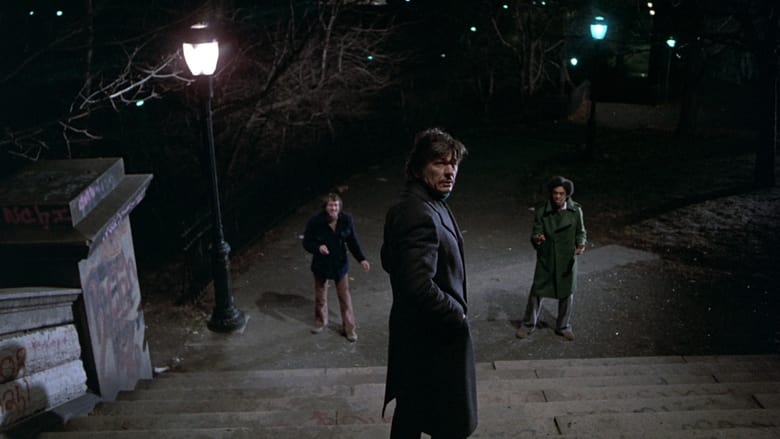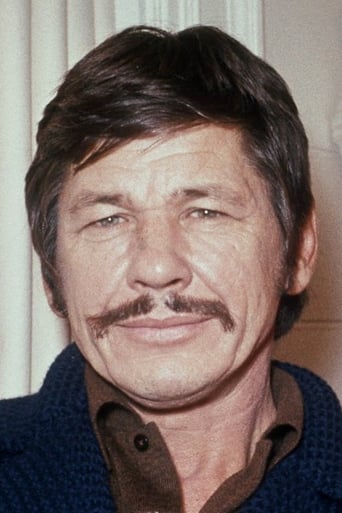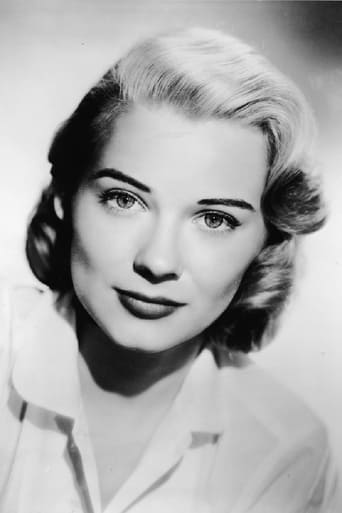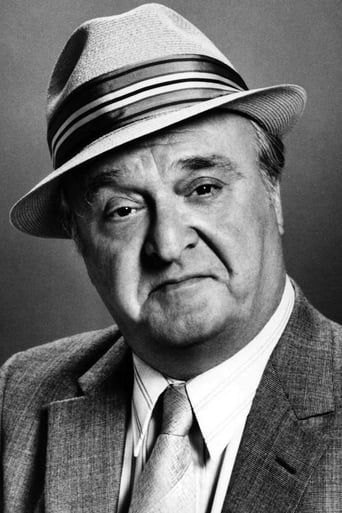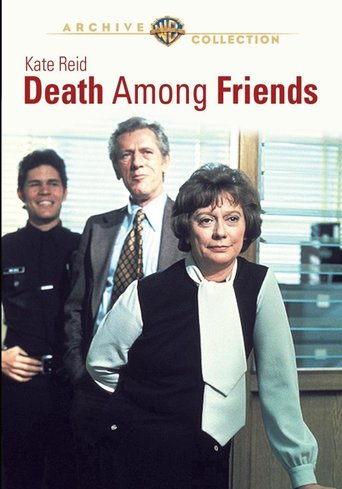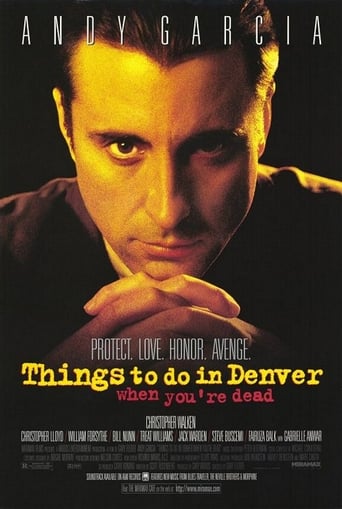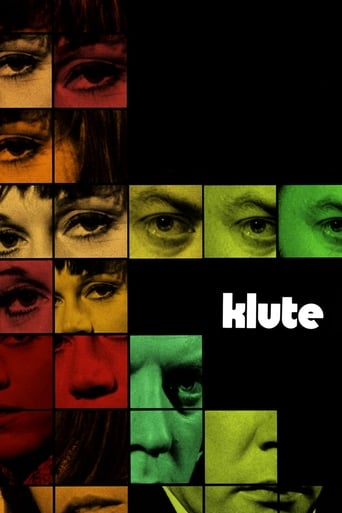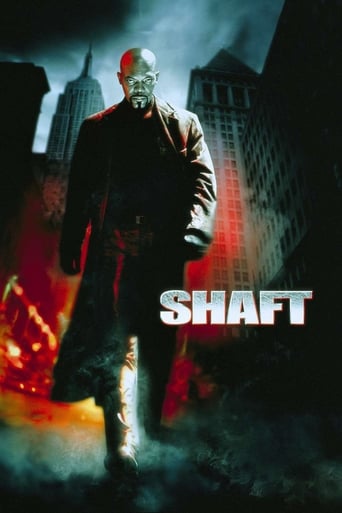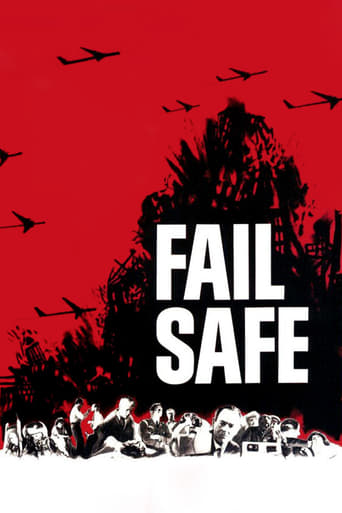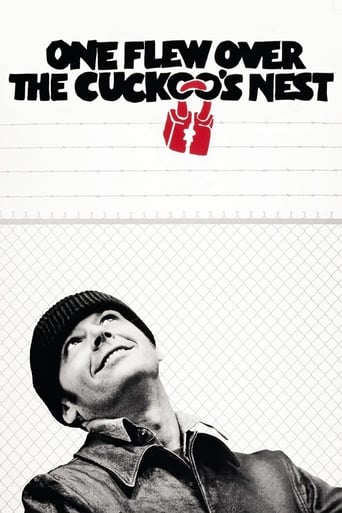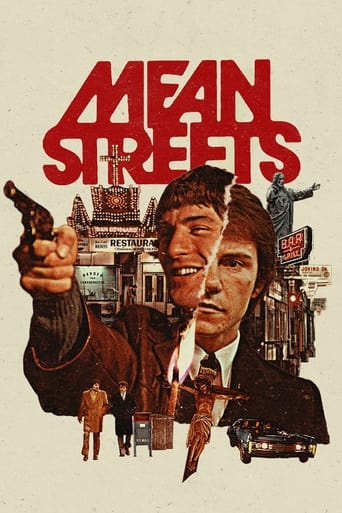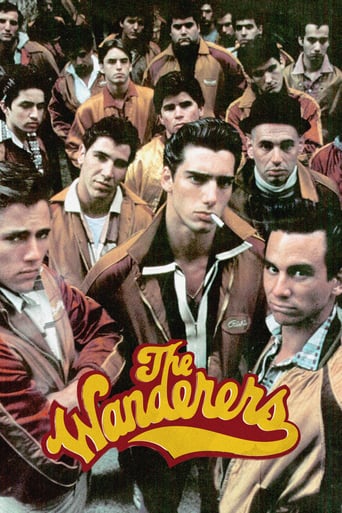Death Wish (1974)
After his wife is murdered by street punks, a pacifistic New York City architect becomes a one-man vigilante squad, prowling the streets for would-be muggers after dark.
Watch Trailer
Cast


Similar titles
Reviews
Filmed in 1974, Death Wish was a good movie for its time. The cinematography was sub par and the plot was decent however the lesson it's trying to teach us is sublime! The main character's wife has been murdered and he decides to do something about it as a vigilante. He begins going out and posing as an easy target for criminals only to shoot them dead when he's provoked. Criminals can't do anything to stop him and through the majority of the film neither can the cops. The lesson we learn in 1974, just before the end of the Vietnam war that has divided americans young and old, is that a happy medium is needed in order to move forward as a nation. The older generations sense or law and order is still relevant however it needs to be more flexible, whereas the younger generations free spirited way of life is immoral and must have some type of boundaries.
In the 1970's the American western died out as a functioning genre. It's settings and stories no longer spoke to audiences in ways that felt relevant enough for them. In its place came the crime movie, which spoke to people about their contemporary fears and took place within the backdrop of the urban towns and cities in which they lived. I don't think it is an accident that there is a sequence in Death Wish where Charles Bronson's character travels to a western settlement and learns there that the lessons of the wild west gunfighter had to be brought back to his crime infested home town of New York City. In fact, you could argue that the star and director of Death Wish, Bronson and Michael Winner, had already made a western two years earlier which tapped into very similar territory - Chato's Land (1972) featured Bronson as a Native American taking extended vengeance against a group of men who had raped his wife and murdered his family. Like another hugely popular 70's crime movie Dirty Harry (1971), Death Wish tapped into a public mood which was fed up of rampant crime and liberal justice. But while Dirty Harry was controversial in its depiction of police brutality, Death Wish was if anything even more so in that it actively supported the idea of citizens going out and killing criminals. Both films are, or course, supremely politically incorrect; and naturally even more entertaining to watch because of this.The story follows a liberal architect from New York whose life and attitudes are turned upside down when his wife is murdered and his daughter raped by a trio of thugs. The police prove inefficient so he arms himself and set about cleaning the streets up of any undesirables he can find. The general public cheer him on and are encouraged to fight back against criminals. The crime epidemic that New York suffered back in those days is a cause of the popularity of this movie and of the cycle of vigilante films in general. Bronson even began to be typecast in this specific bracket of violent crime fayre. But this must surely be the best of the sub-genre. It doesn't pull its punches with a very disturbing house invasion sequence which makes for grim viewing. Interestingly, the criminals involved in this are neither caught nor ever seen again. I highly suspect that if such a movie were made today they would be made to be shown getting their just deserts but it is to Death Wish's credit that it does not choose to play things so easily with the audience and indicates that sometimes those who commit atrocious acts get off scot-free. Bronson's character is then shown to me more clearly at war with the whole criminal underbelly as opposed to be out specifically seeking revenge. The night-time scenes of him wandering the streets encountering all manner of violent criminals are both sinister and almost slightly surreal (after all there does seem to be brutal thugs around every corner of this city!). These sequences are well shot and the city of New York is a major character in this movie, it really truly had mean streets in those days.This grim, controversial film remains a thrilling watch partially because it is a well-paced and very direct crime-thriller but also because it is the kind of thing we just don't see very much of these days any more. Films actively encouraging vigilante violence and homicide are seen as being out-of-order now. Some people tend to quite easily forget that the movies are intended for thrills and not actually text books in how to live your life.
Though the theme had been tackled many times before, it can be argued that Death Wish is the father of all revenge films. Countless knockoffs, both good and bad, have been made since its release in 1974. Yet to characterize it solely as a revenge movie would be a disservice. It is a culturally significant movie which raises issues about the role of vigilantism in our society. Charles Bronson, who'd enjoyed previous success in feature films prior to Death Wish, became an anti-hero of sorts in a couple dozen movies throughout the next fifteen years after its release.Bronson plays Paul Kersey, an architect who lives in a New York City apartment. His world is shattered when his wife is beaten to death and his daughter is savagely raped by thugs posing as grocery deliverymen. After an unspecified mourning period and for cathartic effect, he is sent on a land developing assignment in New Mexico, where he meets client Ames Jainchill (Stuart Margolin). In contrast to Kersey's conscientious objector war beliefs, Jainchill embraces responsible gun use and winces at the "toilet" New York has become. He piques Kersey's interest at a gun range and a Wild West re-enactment show. Following completion of the project, Jainchill sees off Kersey at the airport and puts a gift in his luggage: a shiny new revolver.Kersey is accosted one night by a mugger and shoots him dead, after which he returns to his apartment and becomes physically sick. Ruminating on the death of his wife and his now-catatonic daughter, he sets himself up as a target for a variety of street scum throughout the city, killing them at various intervals and earning himself the tag of "vigilante killer" by the Press. Police Detective Frank Ochoa (Vincent Gardenia) is tasked with the dilemma of upholding the law in identifying the killer while facing the reality that his superiors and many New Yorkers are not all that upset at the city unconventionally being relieved of its criminals.Death Wish was extremely popular during a dreary period in the city's history when crime was rampant and presents the obvious ambiguity of vigilantism in a civilized society. The assault on Kersey's wife and daughter are brutally depicted, even by today's standards of viewing. It allows us to justify Kersey's actions towards a variety of unsavory characters. Disturbing to some, however, is the controversial way Kersey sets himself up as a target to draw out the criminals, a sense of entrapment if you will, in going from hunted to hunter.Not surprisingly, the financial success of Death Wish spawned several sequels, none of which were memorable. But the original packs a punch and tests our own beliefs about street justice. A very good film from the 70s which still holds relevance today. Highly recommended movie.
Death Wish works on a simple plot which works a treat to audiences. The polarizing Charles Bronson who audiences either like or dislike has never been finer. Before the days of Steven Seagal and Sylvester Stallone, and before movies such as Kill Bill (2003), Taken (2008) and The Equalizer (2014), Death Wish has always been the definitive vigilante movie.Mild mannered bleeding heart architect Paul Kersey (Charles Bronson) who lives a peaceful life in New York City. Paul's world is devastatingly shattered when his wife Joanna (Hope Lange) and daughter Carol Anne (Kathleen Tolan) are attacked by a trio of thugs (one of whom is played by Jeff Goldblum). Carol is raped and Joanna is brutally beaten. In the aftermath, Carol is left in a catatonic state and Joanna has died. Carol's husband and Paul's son-in-law Jack Toby (Steven Keats) tries to support Paul as well as he can, however despite his good intentions he presence does more harm than good as his efforts are futile. The New York Police Department concede that there is a small chance of catching the thugs responsible for the attack and bringing them to justice. Following a business trip to Tuscon, Arizona Paul is given a nickel plated .32 revolver as a gift from a client. With his .32 revolver, Paul Kersey wages a one man war against street crime in New York by stopping thugs in their tracks, literally. While the public view this mysterious vigilante as a hero, the police led by Inspector Frank Ochoa (Vincent Gardenia) wants to uncover the identity of the mysterious vigilante.Although popular with audiences when released in 1974, Death Wish divided many critics with some saying it was an excellent movie and others dismissing it as violently one-dimensional. Charles Bronson experienced a boost in his popularity and saw him headlining a string of movies over the next 20 years running along a similar theme which saw many of his movies either being dismissed as more of the same old theme. These also included a further 4 sequels to the Death Wish series, each gradually declining in quality as the series went on. Charles Bronson was unapologetic in admitting that he just did the sequels purely for the money.Ignoring the rest of the sequels, Death Wish is still the definitive vigilante movie. Uncompromisingly violent while realistically exploring the theme of whether law and order works in modern society, Death Wish started the trend of having the central character take the law into his own hands as judge, jury and executioner.8/10.

